Vitamin D Sources for Vegans
All your bones are dependent on calcium, and Vitamin D makes sure your body properly absorbs it. Apart from bone strength, growth, and protection from diseases like cancer and diabetes, it also controls the amount of phosphate in the body and keeps muscles healthy as well. Other vitamins and minerals also work with Vitamin D to improve or aid other body functions.
If a person is dangerously low on Vitamin D, drastic measures must be adopted to make sure enough of it goes in the body. These measures often include varied but well-balanced meals, strictly followed supplements, more exercise, and more direct but limited exposure to sunlight.
Now the vegan lifestyle is motivated by many factors, most often health-based, environmental, or animal welfare-related. A vegan diet is challenging to maintain, and even more so when vegan food options are not as rich in Vitamin D as nonvegan diets.
However, there are alternatives that can be followed. If well-planned and consistently followed through, there would be no need to worry about deficiencies and related health problems.
Vitamin D Intake: The Vegan Way
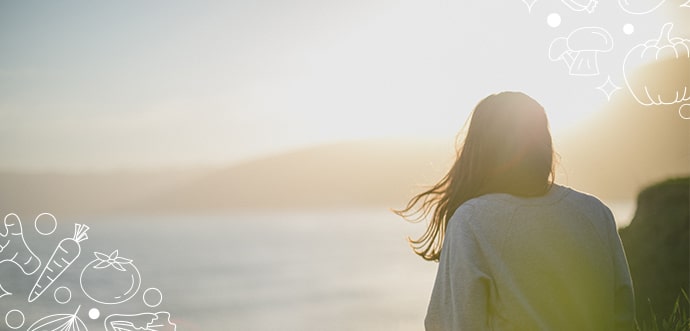
Getting more exposure to sunlight.
Vitamin D is also referred to as the “sunshine vitamin,” since it can be produced from cholesterol found on the skin once it gets exposed to sunlight. Experts advise people at risk of Vitamin D deficiency to go out in the sun more often, ideally basking under it without sunscreen 2-3 times a week for a maximum of 30 minutes, depending on the time of day.
A substantial percentage of the world’s population is Vitamin D deficient. People in non-tropical climates are even more susceptible to related diseases since Vitamin D breaks down a lot more quickly during the winter months. These people are then required and given year-round supplements by their GPs.
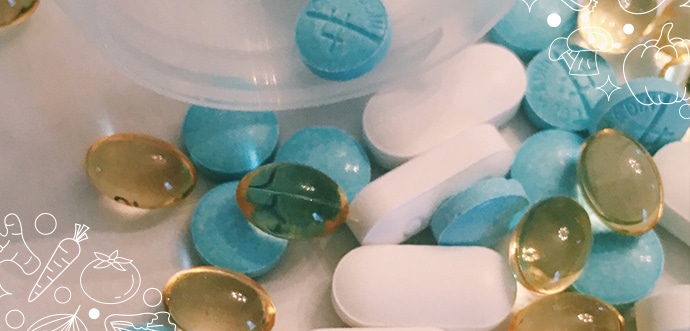
Taking Vitamin D supplements.
Many healthcare providers require their patients to take regular Vitamin D supplements, regardless of their diet. This is because food sources, though primarily reliable for consumption of bodily essentials, are not enough for Vitamin D regulation. Supplementation is based on each person’s dietary requirements, so it is advisable to check with the experts first.
One challenge that vegans need to be aware of is that some supplements are taken from animal-based sources. For example, Vitamin D3, though very essential to the body, is taken mostly from sheep’s wool. Vitamin D2, however, is vegan-friendly and so is D3 taken from lichen.
Many vegan communities have taken on the need for supplements as a challenge that is universal to them. Therefore, more and more vegan-friendly supplements such as SunVit and NatureMade are made available in the market.
Eating fortified foods.
This is the most crucial part to a vegan. As food options are more limited, the available ones should be carefully and consistently applied to daily meals. The following are the food sources needed to be included in the Vegan diet:
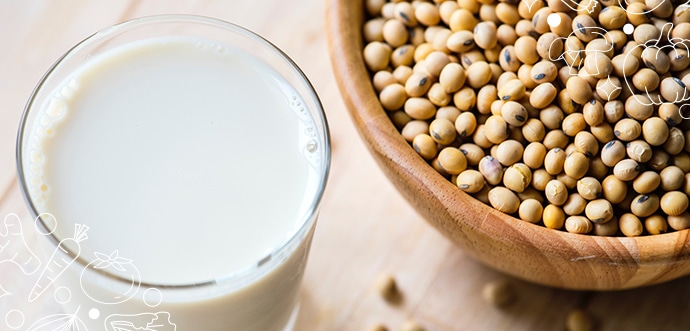
Original fortified soy milk/yogurt and almond milk
Soy milk is a popular choice among vegans since it’s free of dairy, gluten, cholesterol, and other GMO ingredients. The same goes for almond milk.
There are 120 Vitamin D IUs found in a cup serving of unsweetened soy milk. Depending on your dietary requirements, drinking more than a cup each day will significantly improve your Vitamin D levels. Soy yogurt, on the other hand, can offer 80 IUs and fortified almond milk can give 100 IUs.
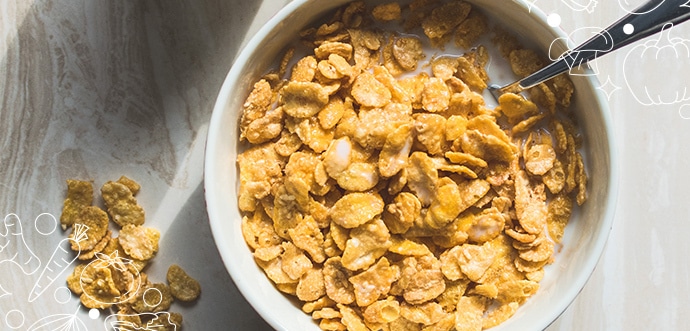
Fortified ready-to-eat cereal
Vegans may be reserved when it comes to cereal options, but they no longer have to be. There are cereal options in the market that are generously fortified with Vitamin D, without the nonvegan-friendly ingredients.
Take for example Kellogg’s Mini-Wheats or Barbara’s Original Puffins – these are popular cereal picks for vegans. A cup or a ¾ serving can give you 40 IUs of Vitamin D.

Fortified orange juice
Oranges are not just rich in Vitamin C, but they also can provide Vitamin D as needed. A cup of fortified orange a day will easily give you 100 IUs. Fortified orange juice is one of the more easily accessible Vitamin D options for vegans.
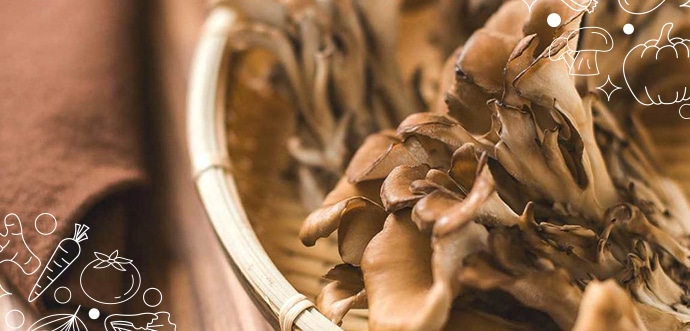
Maitake and Portobello mushrooms
Finally, UV-light grown mushrooms are the richest in Vitamin D. New studies have proven that these mushrooms have such large quantities of the vitamin even after they are harvested. For all the Vitamin D-starved, this is great news.
A cup of a diced Maitake mushroom can give up to 786 IUs while a Portobello serving can give 634 IUs. Compared to supplements, these Vitamin D bombs look like they are much more worth the long-term investment. Still, it’s more important to weigh this in with your doctor first.
Need to know about your Vitamin D levels? Get a Vitamin D test.
